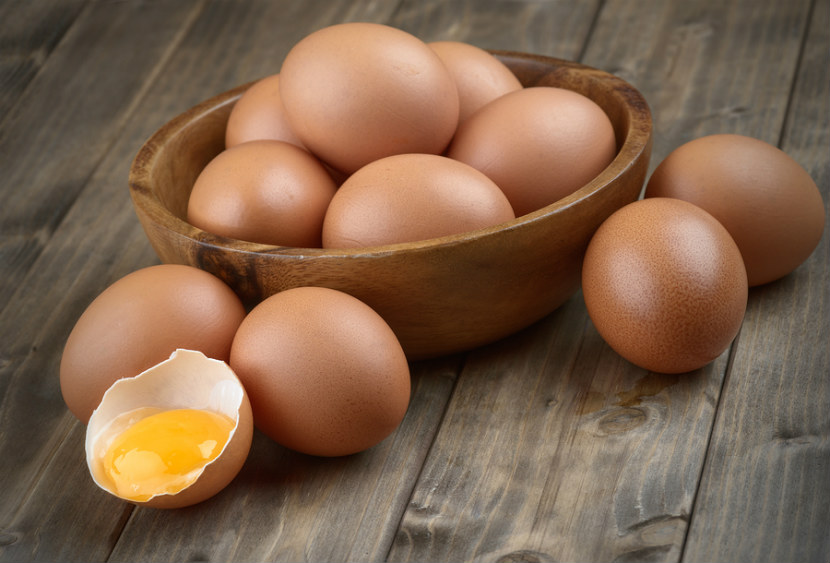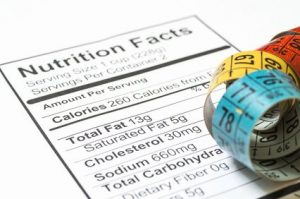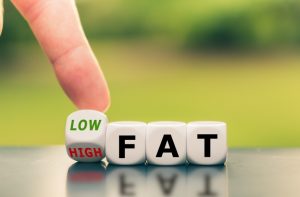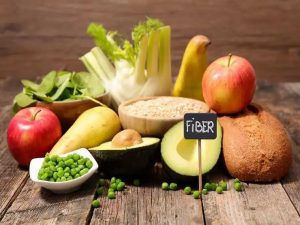Eggs are one of the ultimate superfoods. They are one of the most nutritious foods on the planet. They are loaded with nutrients. In fact, a single large boiled egg contains:
- Vitamin A: 8% of the DV (daily value)
- Folate: 6% of the DV
- Pantothenic acid (vitamin B5): 14% of the DV
- Vitamin B12: 23% of the DV
- Riboflavin (Vitamin B2): 20% of the DV
- Phosphorus: 7% of the DV
- Selenium: 28% of the DV
- Eggs also contain vitamin D, vitamin E, vitamin B6, calcium and zinc
Whole eggs are among the most nutritious foods on the planet, containing a little bit of almost every nutrient our bodies need.
The CDC states that Egg protein has been shown to decrease malnutrition, improve muscle health, increase satiety, and therefore contribute to weight loss. It has other additional benefits including protection against infection, decreases in blood pressure, as well as an anti-cancer effect.
Here are some other benefits of these nutritious and delicious superfood:
They are rich in protein — One egg has 6 grams of protein, with all nine “essential” amino acids, the building blocks of protein. Which is essential as those are the ones your body can’t make by itself. The egg white holds about half that protein and only a small portion of the fat and cholesterol.
They help your cholesterol — This “good” cholesterol, called HDL, seems to go up in people who have three or more eggs a day. Of course, LDL, the “bad” type, goes up, too. But the individual pieces of each get bigger. That makes it harder for the bad stuff to hurt you and easier for the good stuff to clear it away. In addition, they can lower triglycerides. Lower triglycerides are better for your health. Eating eggs, especially those enriched with certain fatty acids (like omega-3s), seems to bring down your levels.
Studies have found that eating eggs can make you feel full for longer by:
- Increasing levels of a hormone that helps you feel satisfied after eating
- Keeping energy levels higher
- Boosting metabolic activity
- Delaying the rate at which food leaves the stomach
Eggs are packed full of high-quality protein, making them ideal as part of many different dietary patterns that can assist people in managing their weight. Consuming eggs can also help reduce variations in glucose levels, which can have great lasting benefits in regulating eating patterns.
They can help support eye health — Eggs contain a range of vitamins and minerals including vitamin A, vitamin E and selenium which all act as important antioxidants in supporting eye health, retina function and helping counteract degenerative vision as you age.
Eggs are rich in the antioxidants lutein and zeaxanthin, both of which play a protective role in reducing the risk of certain eye diseases, including cataracts and age-related macular degeneration. Studies show that these antioxidants are also better absorbed by the body from eggs than from alternate plant sources.
Here are some of my favorite egg recipes:
Bacon and Egg Casserole
Ingredients
- 4 bacon strips
- 18 large eggs
- 1 cup 2% milk
- 1 cup shredded cheddar cheese
- 1 cup sour cream
- 1/4 cup sliced green onions
- 1 to 1-1/2 teaspoons salt
- 1/2 teaspoon pepper
Directions
- In a large skillet, cook bacon over medium heat until crisp. Remove to paper towel to drain.
- In a large bowl, beat eggs. Add milk, cheese, sour cream, onions, salt and pepper
- Pour into a greased 13×9-in. baking dish. Crumble bacon and sprinkle on top. Bake, uncovered, at 325° until knife inserted in center comes out clean, 40-45 minutes. Let stand for 5 minutes.
Creamy Egg Salad
Ingredients
- 3 ounces cream cheese, softened
- 1/4 cup mayonnaise
- 1/2 teaspoon salt
- 1/8 teaspoon pepper
- 1/4 cup finely chopped green or sweet red pepper
- 1/4 cup finely chopped celery
- 1/4 cup sweet pickle relish
- 2 tablespoons minced fresh parsley
- 8 hard-boiled large eggs, chopped
Directions
- In a bowl, mix cream cheese, mayonnaise, salt and pepper until smooth. Stir in green pepper, celery, relish and parsley. Fold in eggs. Refrigerate, covered, until serving.
Breakfast Egg Muffins
Ingredients
- 1/2 pound bulk pork sausage (optional — this can be removed to make them vegetarian)
- 12 large eggs
- 1/2 cup chopped onion
- 1/4 cup chopped green pepper
- 1/2 teaspoon salt
- 1/4 teaspoon garlic powder
- 1/4 teaspoon pepper
- 1/2 cup shredded cheddar cheese
Directions
- Preheat oven to 350°. In a large skillet, cook sausage over medium heat until no longer pink, breaking it into crumbles; drain.
- In a large bowl, beat eggs. Add onion, green pepper, salt, garlic powder and pepper. Stir in sausage and cheese
- Spoon by 1/3 cupfuls into greased muffin cups. Bake until a knife inserted in the center comes out clean, 20-25 minutes.







Be First to Comment